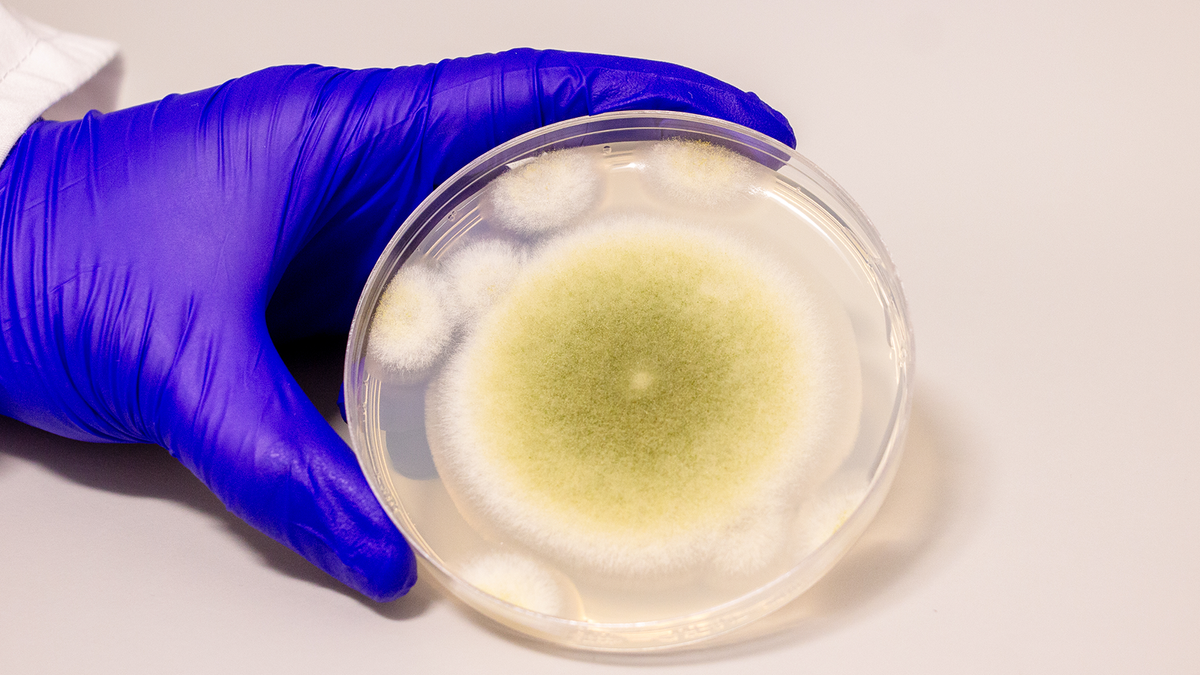Now Reading: Fungus Linked to ‘King Tut’s Curse’ Offers New Hope in Cancer Treatment
-
01
Fungus Linked to ‘King Tut’s Curse’ Offers New Hope in Cancer Treatment
Fungus Linked to ‘King Tut’s Curse’ Offers New Hope in Cancer Treatment

Quick Summary
- A toxic fungus, Aspergillus flavus, historically associated with fatal lung infections linked to ancient tomb curses, is now showing promise in cancer treatment.
- Researchers discovered and engineered asperigimycins, a class of molecules from the fungus, which demonstrate strong anti-leukemia properties.
- Asperigimycins specifically target leukemia cells without harming healthy tissues, distinguishing them from customary chemotherapy treatments that often have widespread side effects.
- Researchers improved drug delivery by attaching lipid molecules to enable better penetration into cancer cells through cellular membranes.
- A gene called SLC46A3 was identified as a facilitator for directing the drug to leukemia cells effectively.
- Early tests showed minimal effects on other cancers (breast, liver, lung), highlighting its selectivity for leukemia treatment.
- The researchers plan further testing in animal models and aim toward human clinical trials while pursuing exploration of fungal genomes for more therapeutic compounds.
Indian Opinion Analysis
The identification of asperigimycins from Aspergillus flavus represents a breakthrough in targeted cancer therapies. Given India’s prevalence of various cancers and challenges related to the affordability and accessibility of advanced treatments such as chemotherapy, this research could hold notable implications.If natural compounds like these can be developed into cost-effective medicines with fewer side effects than current treatments, it would greatly benefit India’s healthcare system and patients’ quality of life.
Additionally, this scientific finding underlines the importance of exploring biodiversity-including fungal species-for medical innovation. India’s rich biodiversity offers untapped potential that could be pivotal not only for domestic healthcare advancements but also for global pharmaceutical contributions. Though, such research requires sustained investment in biochemistry and molecular biology fields within the country-a focus that could strategically elevate India’s position in health sciences globally.
For more details: Read More






















